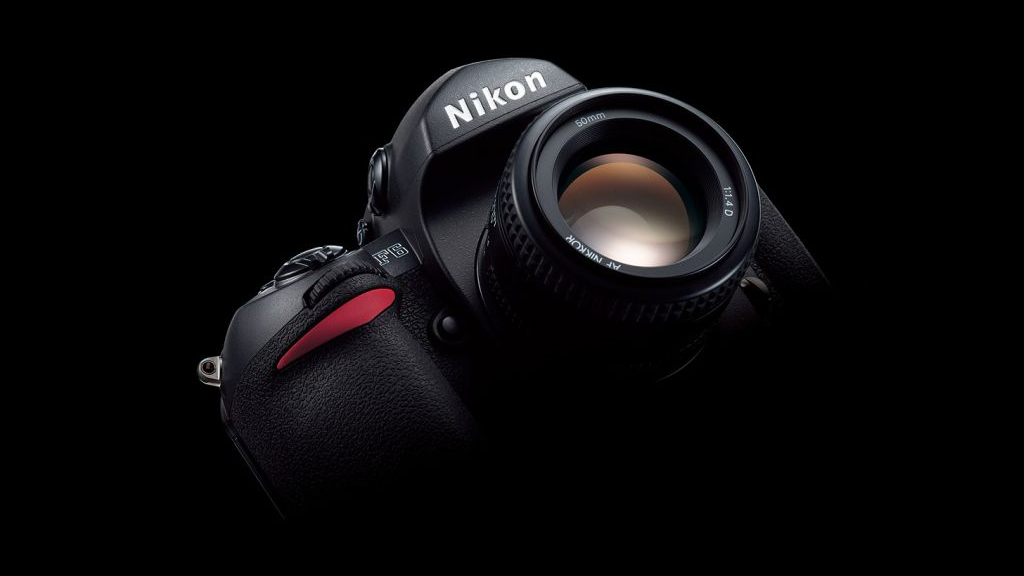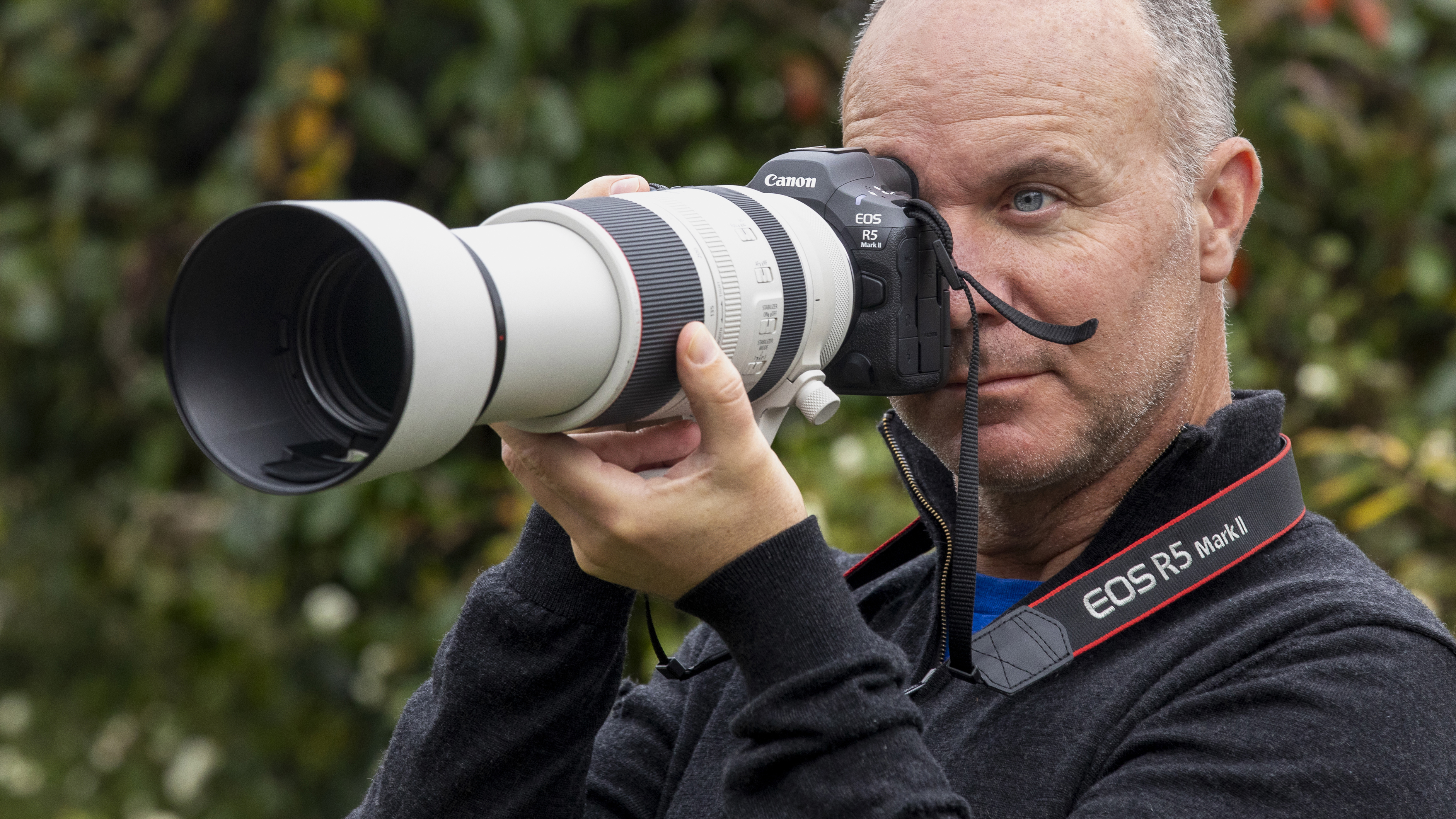
The best camera deals, reviews, product advice, and unmissable photography news, direct to your inbox!
You are now subscribed
Your newsletter sign-up was successful
Nikon is expected to post a $720 million loss for the fiscal year ending in March 2021 according to two articles published by Toyo Keizai. The Japanese publication examines Nikon's expected operating loss, exploring what the causes are and how Nikon can turn its fortunes around. The articles also include an interview with the company's Managing Executive Officer Hirotaka Ikegami, who runs Nikon's video division.
Nikon's expected $720 million loss strikes a bleak contrast when compared with the $65 million profit the imaging company made in the previous fiscal year. So, what went wrong?
• Read more: Best Nikon cameras
In Toyo Keizai's interview with Hirotaka Ikegami (via PetaPixel), it becomes clear that this historic loss can be attributed to both the effect of the coronavirus pandemic (and the shrinking digital camera market that this caused) and to Nikon's delay in pivoting to mirrorless camera technology.
Ikegami says that "measures to strengthen the full [frame] mirrorless camera [were] delayed," adding that there was a "failure of [Nikon's] strategy". He went on to say, "I was most concerned about how much the performance of the electronic viewfinder… can be improved, and the number of shots can be increased". Ikegami's concerns about mirrorless camera's battery life and EVF seems to have contributed to Nikon's delay in exploring mirrorless tech.
While this isn't the most uplifting news for Nikon fans, there is a light at the end of the tunnel. Nikon's latest round of restructuring will include measures such as moving camera production out of Japan. This is expected to reduce operating costs by 59% for the fiscal year ending in March 2022.
In addition, Ikegami is confident that Nikon is poised to recover sales. "The size of the full frame mirrorless market… is gradually increasing. At Nikon, products for the bedrock layer are expanding faster than the market growth pace. I am concerned about the number of units, but I have switched to a policy of firmly appealing to the bedrock layer than understands the value of high value-added models."
The best camera deals, reviews, product advice, and unmissable photography news, direct to your inbox!
With powerhouse cameras such as the Nikon D850 and the Nikon Z7 II in Nikon's wheelhouse, it's clear that Nikon still has plenty to offer the digital camera market. We're hopeful that Nikon's new strategies will help turn the imaging manufacturer's fortunes around.
Read more
Best Nikon lenses
Best mirrorless cameras
Best full frame DSLRs
Digital Camera World is one of the leading authorities on camera and photography news, reviews, techniques, tutorials, comparisons, deals and industry analysis. The site doesn't just specialize in cameras, but all aspects of photography, videography and imaging – including camera phones, gimbals, lenses, lighting, editing software, filters, tripods, laptops, printers, photo books, desks, binoculars and more.
Whether you're using, looking to buy or trying to get the most out of a compact camera, action camera, camera drone, cinema camera, beginner camera or professional camera, Digital Camera World has a roster of experts with combined experience of over 100 years when it comes to cameras, photography and imaging.

